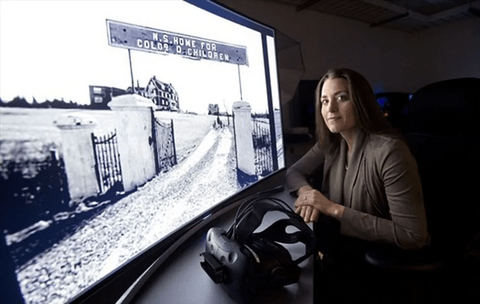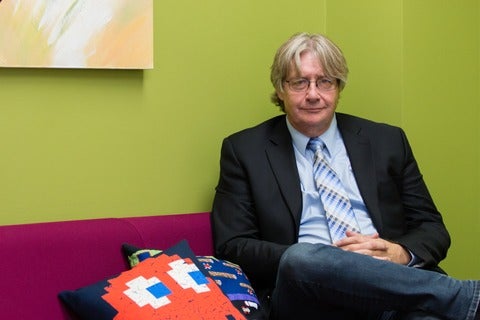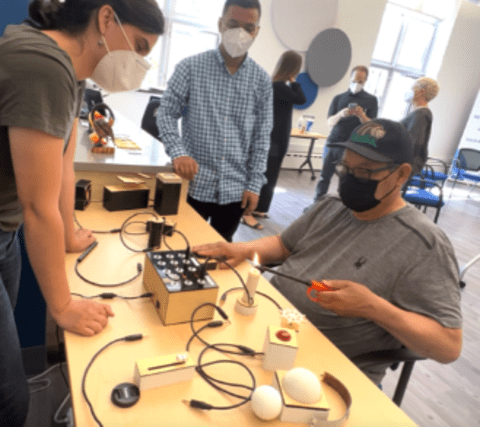Welcome to the Games Institute
The Games Institute (GI) is an interdisciplinary research centre at the University of Waterloo, advancing the study of interactive and immersive technologies and experiences.
News Bites
Stay up-to-date with the latest GI activities. Our News Bites report on recent conferences, keynote addresses, and recent research activities of our members.
Research Spotlights
For more in-depth breakdowns of ongoing research projects, check out our Research Spotlights for full write ups of events and up close and personal testimonies with our researchers and members.
News
Ontario eSports Scholarship Continuned for 2025
In 2022, the University of Waterloo Games Institute secured $50,000 of funding over two years from the Ontario government to provide scholarships to students pursuing careers in the gaming and esports industries. Following a successful first round of scholarships awarded to thirteen students (two graduate and eleven undergraduate), the next round of applications is now open!
GI Faculty Member Dr. John Muñoz Finalizes Demo to Train Police Officers
Dr. John Muñoz (Wilfrid Laurier University) has recently completed a study developing virtual reality (VR) simulations to train police officers in both Canada and the United States.
GI Faculty Member Dr. Oliver Schneider Receives Graphics Interface Award
Congratulations to Dr. Oliver Schneider (Management Science and Engineering) for receiving the 2024 Graphics Interface award for Early Career Researcher!
Blog
Virtual Reality for Social Justice with Dr. Kristina Llewellyn
An interview with Dr. Kristina R. Llewellyn about the Digital Oral Histories for Reconciliation project
From Can Lit to VR Caves: A Spotlight on Games Institute Executive Director Dr. Neil Randall
A Spotlight on Games Institute Executive Director, Dr. Neil Randall
Designing for Accessibility: How a Graduate Student Makes Haptics Research Accessible
It can be very daunting for international students to leave their home countries, communities, friends, and families –upending their lives to further their education. For Ana Lucia Diaz de Leon Derby, finding a community during her master’s degree was crucial to her mental health and well-being.







